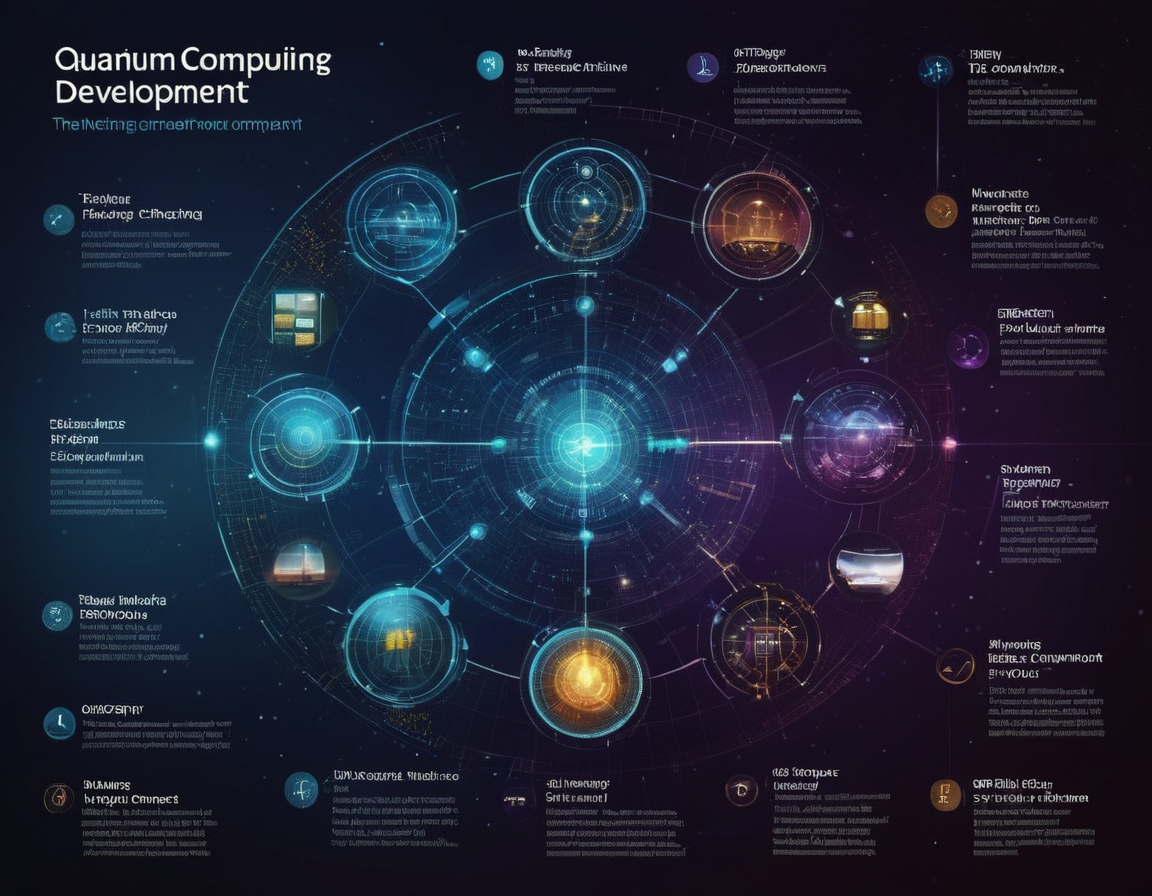Exploring Quantum Computing: A Leap Into the Future
An Introduction to Quantum Computing
The concept of quantum computing is no longer just a futuristic vision; it’s increasingly becoming a present-day reality. In this blog post, we’ll delve into the intricacies of quantum computing, its potential to revolutionize our lives, and the challenges that lie ahead. 
What is Quantum Computing?
Quantum computing is based on the principles of quantum mechanics, the science of the very small. Unlike classical computers, which use bits to process information in a binary format of 0s and 1s, quantum computers use quantum bits, or qubits. These qubits can exist simultaneously in multiple states, thanks to the phenomenon known as superposition. This property, along with entanglement, gives quantum computers their extraordinary computational power.
The Potential Impact of Quantum Computing
Quantum computing promises to solve complex problems that are currently insurmountable for classical computers. This includes drug discovery, traffic optimization, financial modeling, climate forecasting, and much more. Moreover, quantum computing could also revolutionize the field of cryptography since it has the potential to break many of the encryption algorithms that keep our digital world secure.
However, this computing marvel’s vast abilities also necessitate significant advances in error correction and qubit stability—areas that are currently at the forefront of quantum research. The delicate nature of qubits makes them susceptible to interference from their environments, leading to errors that can derail computations.
Quantum Computing in Practice
The journey from theory to practice is underway, with tech giants and startups alike racing to develop viable quantum computers. Governments are also investing heavily in quantum research, recognizing its strategic importance in the coming years.
One of the most widely publicized milestones in the field was Google’s claim to have achieved quantum supremacy—the point at which a quantum computer can perform a calculation that would be impractical for a classical computer. This claim has since spurred debate and further motivation within the quantum community.
Preparing for a Quantum Future
As we stand on the brink of the quantum era, it’s essential to consider the implications of such advanced computational power. The development of quantum-resistant encryption methods is crucial to ensure our digital security in the future. Moreover, fostering a workforce skilled in quantum technologies is equally important to harness the full potential of quantum computing.
Conclusion
Quantum computing is not just a glimpse into the future; it’s a field that is actively shaping it. From scientific advancements to national security concerns, the ripple effects of this technology will be far-reaching. As we explore and expand upon quantum computing’s capabilities, we’re witnessing the dawn of a new age in computation—a quantum leap into the unknown.
Stay tuned to see how this incredible technology develops and transforms the world we live in. 






